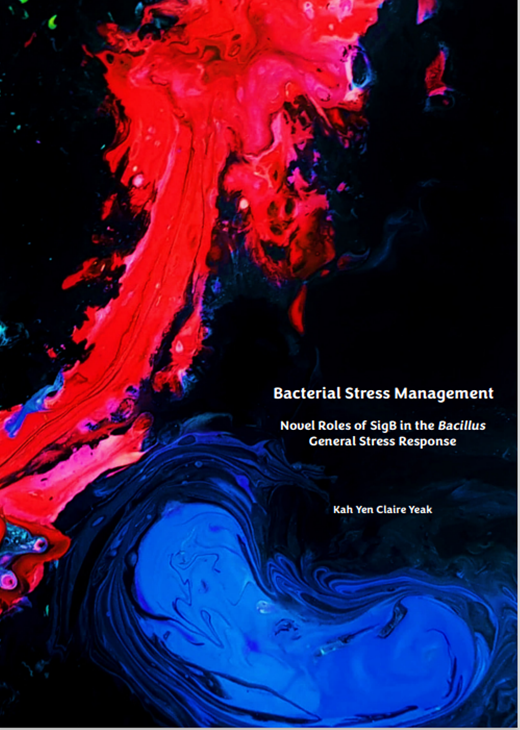Bacillus subtilis, Bacillus subtilis and Bacillus licheniformis are bacteria that are common inhabitants of soil and are frequently encountered in a wide range of plant protein ingredients. They produce spores that are resistant to heating and other stresses, but they can germinate in nutritious environments. What do we know about their growth in foods under different conditions? And what does that mean when designing innovative plant-based or mildly-processed foods? Do they pose a risk for food spoilage or even safety? And how do they respond to stresses during food manufacturing and storage in the chain?

In her PhD research at NIZO, supervised by Dr. Marjon Wells-Bennik, in collaboration with prof. Tjakko Abee of the Department of Food Microbiology at WU, Claire Yeak shed light on mechanisms Bacillus species use to withstand such stresses and on conditions that may influence toxin production. These insights contribute to better risk assessments related to these contaminants in the food chain and improve predictive food microbiology models.

The project was part of the PATHSENSE (Pathogen sensing) European Union’s Horizon 2020 research and innovation program, funded under the Marie Skłodowska-Curie grant agreement No 721456. The public defence took place on the 25th of October 2022.
Want to know more about risk assessment related to contaminants in the food chain?
NIZO has expertise throughout the entire chain: from raw materials and ingredients, to formulation and processing, and up to your finished product. We can assess foodborne hazards in your product and your chain, and evaluate the impact of processing and storage conditions on pathogen inactivation, survival and growth. Read more:
Related cases
Related blogs
- Lichenysin
- Cereulide
- Antimicrobials
- Virulence
Related terms
© NIZO 2025 | Sitemap - Privacy Statement - Cookie Statement - Terms & Conditions
Website by: Online Marketing Agency